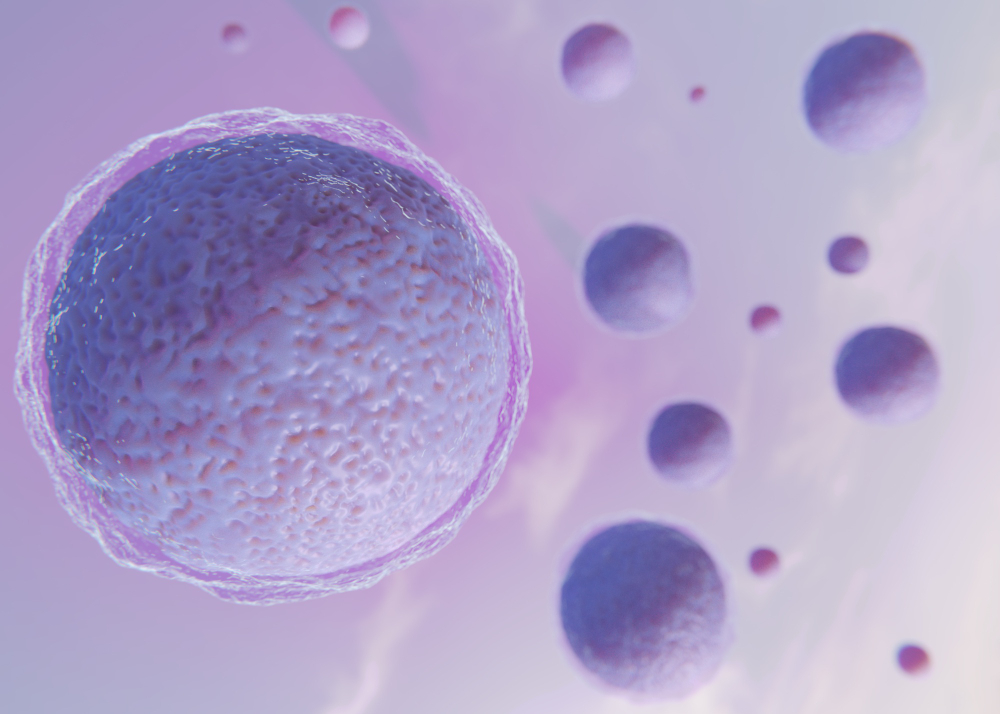
When combined with the quickly developing technology and treatment options, the In Vitro Fertilization is a ray of hope for couples who cannot achieve conception with natural ways or classical treatment of infertility.
Table of Content
What are the indications of the In Vitro Fertilization?What are the indications of the In Vitro Fertilization?
The In Vitro Fertilization is considered in following conditions:
The In Vitro Fertilization can also be sought in following special medical conditions:
Does the In Vitro Fertilization have risks?
The risks of the In Vitro Fertilization may vary according to treatments or procedures. The major one is the “ovarian hyperstimulation syndrome” (OHSS). The syndrome has various stages. Although the mild forms can be managed at outpatient settings, the severe forms require inpatient treatments. The fatal forms of this condition are far rarer. Moreover, the surgical procedure can cause bleeding or infection and the anesthesia induction can pose minimal risks. Another risk of the In Vitro Fertilization is the multiple pregnancy. Therefore, the candidate mothers who conceive with the In Vitro Fertilization should be supervised more closely.
The In Vitro Fertilization implies fertilizing a human oocyte with a human sperm at the laboratory settings and transferring the resultant embryo into the womb.
The robotic rehabilitation is a treatment modality used to restore the walking ability in patients with total or partial loss of the gait function. The robotic rehabilitation is an evidence-based treatment that also involves virtual reality processes.
All pre-and post-operative procedures of the kidney transplant are extremely crucial for the health of both the recipient and the donor.
The check-up examinations allows treatment of the diseases successfully before the condition progresses to the symptomatic stage, as it ensures early diagnosis of many diseases.
An aesthetic look is important for most women. Certain processes that can cause deformities in women's body can make them feel unhappy and desperate.
Breast cancer is the most common type of cancer in women not only in our country but also worldwide.
As coronavirus (COVID-19) pandemic progresses, scientists teach us more about the virus and how it progresses.